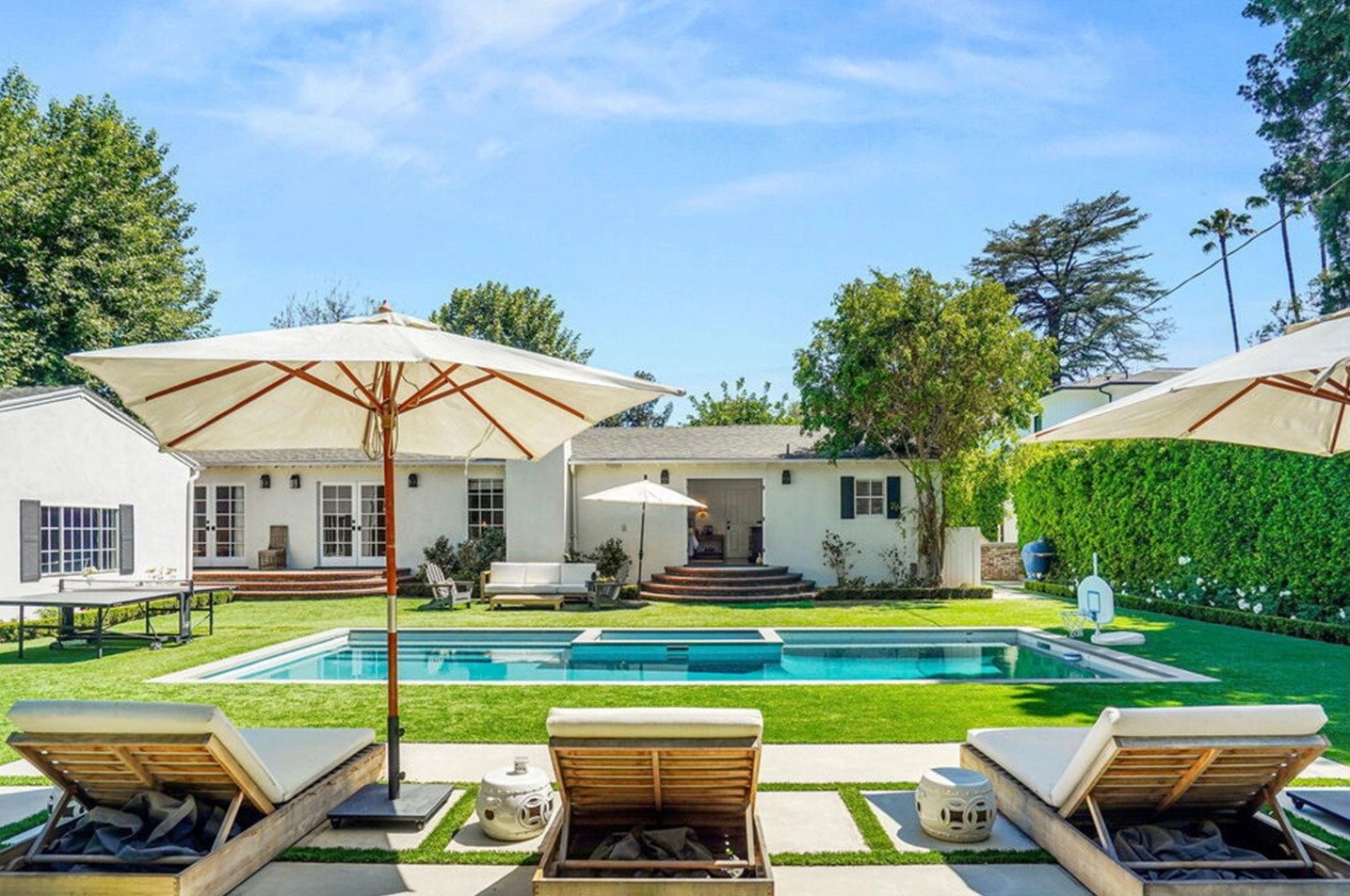B.L.U.E. Architecture Studio Announces Chengdu-Based Cafe % Arabica
The cafe is inspired by the historic Kuanzhai Alley of the Qing dynasty.
B.L.U.E. Architecture Studio has announced its latest project, the Chengdu-based cafe called % Arabica, centered on a water-filled courtyard.









Kuanzhai Alley is the name of a trio of parallel roads that intersect in downtown Chengdu, China: Kuan Alley, Zhai Alley, and Jing Alley. These roads, dating back to the Qing dynasty, served as an integral part of the inspiration for B.L.U.E. Architecture Studio’s % Arabica cafe. Kuanzhai Alley is now known as a local shopping and arts destination for travelers and residents, featuring an assortment of trendy bars, cafes (now including % Arabica) and a bustling nightlife.
The studio imagined a space where consumers could enjoy a cup of coffee in an environment similar to a street market, where pedestrians are seen leisurely people watching. B.L.U.E describes the cafe as intrinsically communal, the architecture gesturing to the unhurried pleasure of lackadaisical evening strolls, creating an opportunity for people to socialize in a more organic setting:
“We believe that a cafe provides more than just a drink. More significantly, coffee provides opportunities for people to gather, communicate and fully experience the local urban culture. By extending the vibrant living and cultural atmosphere of the alley into the cafe, we renovated the site to make it a dynamic public space that provides a rich and solid experience.”
In the heart of the cafe, consumers sit near a water-filled courtyard accented with white stones and pebbles. The space honors the original Kuanzhai Alley area with contemporary cafe planters and pillars made from the original stone of the paved pathways. Customers can order towards the rear of the cafe and sit at the tables alongside the U-shaped glass paneling of the courtyard.











